Relationships are important. So important, in fact, that there’s a fascinating TED talk by Susan Pinker, called “The Secret to Living Longer May be Your Social Life” (2017), explaining just how important relationships are to the longevity of life itself.
Pinker set out to determine the most important factors for living a longer life. Her research took her to an island off the coast of Italy where, compared to the rest of mainland Italy, a larger percentage of its population lives to 100+ years old. Initially, she conjectured that diet, fitness level, and genetype would rank highest in determining why these people lived so much longer. Her conclusions were so surprising, they inspired a TED Talk.
Drum roll, please. . .
Our relationships help determine how long we live.
Pinker found that relationships are the most important determiner for living a long life. This talk about relationships made me reflect on my own, especially the one I had with alcohol. I had first heard this concept years ago in marriage counseling. The therapist referred to “my relationship with alcohol.” This was new to me, and I remember being somewhat offended.
A relationship with alcohol? That was stupid. You couldn’t have a relationship with a substance. I pushed back inside, I don’t know why. It sounded too immature, and intimate, too serious and committed. I wouldn’t even consider it. That would be giving alcohol far more importance than I believed it held for me.
A relationship with alcohol? That’s stupid!
Fast forward to now, and if you’ve read anything of mine, you’ll now know I’ve changed my tune – and how! I did indeed have a relationship with alcohol. It was long, sordid, and abusive. That relationship was really difficult to end, but it did serve a purpose, and it took a long time for me to see it.
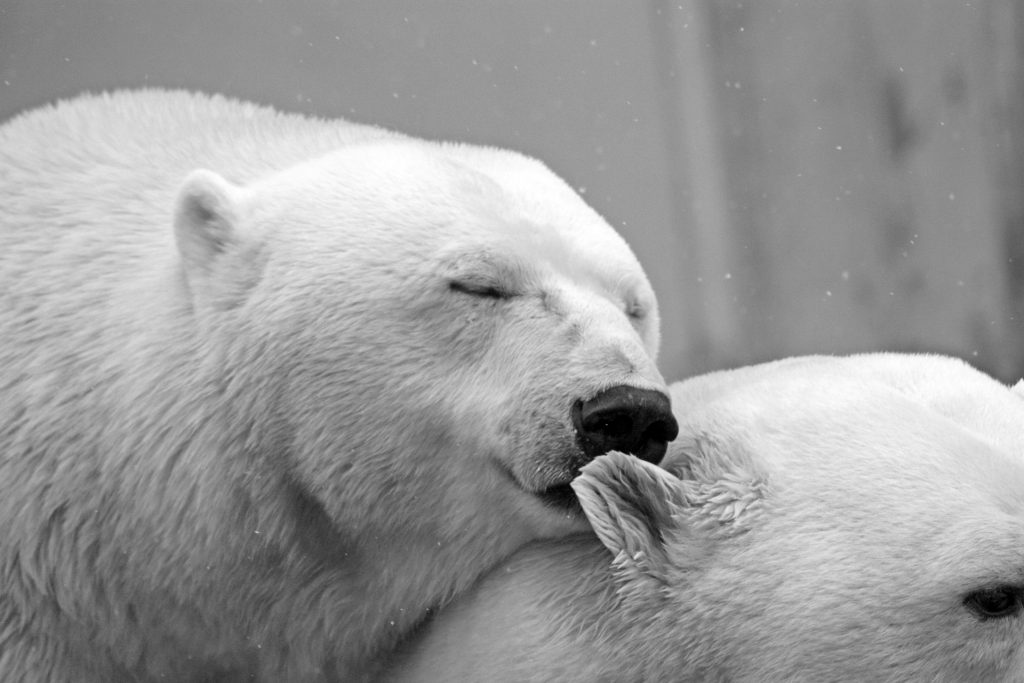
So, How do you define relationships?
That’s where I started, and it was more difficult to do than I had anticipated. There are so many more categories of relationships than I realized.
Some relationships we choose – like partners and friends; some we do not – like relatives and employers.
Some we see daily, for hours — like family members, co-workers, and partners; some, only occasionally or much less – like members of teams, friends, or neighbors. See? It gets complicated doesn’t it?
Relationship defined.
I started by examining some positive relationships I have with people, to narrow down what’s important to me. I came up with things like:
- Someone I know/am associated with; and/or
- I spend time with them, and I look forward to being with them; and/or
- Get something from them or they get something from me
Can you have a relationship with inanimate objects?
Because so many of these begin with “someone” the assumption is that it is a person. But could it be a thing? Hmm…
I put this to the test with some other inanimate objects most of us probably own. A computer, a vehicle, or a home. They all work for this simple test.
Can I apply the statements above to any of these inanimate objects?
And yes, I can. I recognize my computer, car, or home a part from others like it, so I am familiar with it, in particular. I do spend time on my computer, in/around my car or home as well.
It’s obvious what I get from each, and while it’s not overtly stated, these things do require maintenance from me to keep them working. So, relationship defined.
Having determined that I can, indeed, have a relationship with an inanimate object, such as a substance, now what?
Based on the characteristics of relationships I say I value, where does alcohol stand?
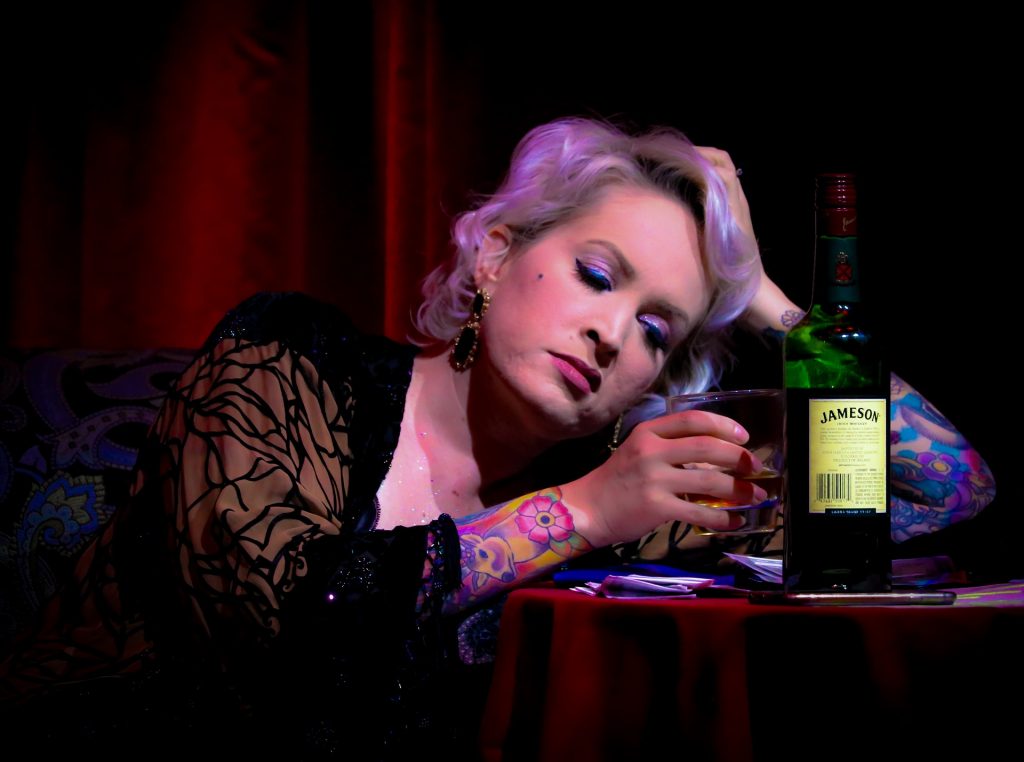
Oh man! this is where the rubber hits the road. I almost didn’t want to do this exercise. I almost already knew.
- Obviously, I’m familiar with it. I even had my favorite variety or brand.
- And unfortunately, it’s alarming how much time I gave alcohol. Considering all the time spent, it was like a part-time job:
- Obsessing about it/looking forward to it/planning getting it
- Logistics acquiring it
- Consuming it
- Hiding/protecting it
- Actually inebriated — awake and passed out
- Recovering from it
- Repairing damage as a result of all of the above
- Dwelling on what had happened/ruminating/thinking/blaming and hating myself
- Ahh. . . but this one is the kicker: What did I get from it? That’s the magic question; or should I clarify and say the answer to that is magic!
What do I really get from alcohol?
- It changed the way I felt and was dependable for that, at first;
- Booze gave me courage/nerve/confidence;
- It stopped the voices in my head;
- However, it also made me feel ashamed and weak;
- Alcohol made me sick often — physically, emotionally,and mentally.
I looked at this and decided that I needed to get to the bottom of a couple of things. First, there’s a lot in here about the way I feel. Read over them: “Changed the way I felt”; “confidence, brave, ashamed, weak, and sick” – all about feelings. Hmm.
We are actually addicted to the way we feel.
Through my research and over my years of life experiences, I’ve come to realize that we do almost everything for the way it makes us feel. If you remember nothing else from this entire site, the big take-away is: EVERYTHING WE DO IS FOR THE WAY WE FEEL. (For emphasis only.) We are basically addicted to our feelings.
When I was drinking heavily, and everyone knew it, if someone asked me why I drank, I never could articulate or understand why, exactly. But after the acceptable answers like, “It helps me relax”, “takes the edge off”, or “I’m addicted to it”; I often just said with obvious puzzlement, “I don’t know. It just makes me feel better.” And for me, that was probably as close to the truth as I could get at the time.
So, now that I knew the primary reason I drank – to feel better or to change my state of mind – I had to figure out where the negative feelings about myself came from. This was the beginning of understanding and change for me.
Maybe it’s not the alcohol at all. Maybe if I could change the way I felt about myself, I wouldn’t need or want alcohol. I mean, without this feeling/belief of not being good enough or okay as I am (in social situations, in intimate situations, or in comparisons, for example) would I even want alcohol?
If you were incapable of experiencing negative feelings about yourself/your life, would you need alcohol?
Ask yourself that question, seriously. As you sit, right here reading, if you were incapable of experiencing negative beliefs about yourself/your life, would you need alcohol?

For just a few seconds, suspend the barrage of thoughts. You are incapable of feeling them.
Aren’t you okay? Right here right now? Really? You are.
The second thing I noticed about this list is that alcohol sucks as a friend, man! I don’t know if you saw the video, but dude, alcohol does not make you a better dancer!
Alcohol lies. And it eventually takes more than it gives.
Likely, it doesn’t make you appear smarter or funnier either. When’s the last time you were impressed or entertained by an obnoxious rambling drunk?
And that boost of confidence? Quickly turned into some seriously poor decision-making for me — recklessness, embarrassment, “drunk mouth”, two DUI’s, a lot of money/time lost, and a world of shame, grief, and regret.
Dependable becomes dependent; and that would be me on it.
And toward the end, alcohol wasn’t very dependable. I required more and more to get even marginal effect. Before I knew it, I was hooked in a terrible drinking cycle that spun out of control for years.
Quitting drinking didn’t mean quitting wanting or needing it.
Aha! And there it is. There is the true problem. Because even after I had quit drinking for an entire year, I realized the need was still there, deep down, and I was afraid it could bite me at any time.
Relapse city for me, until I figured this part out as well. And this is where you’ve found me and this website: smack dab in the middle of the purpose alcohol served in my life. It made me feel better about myself. It changed my state of mind like nothing ever had before, and that’s why giving it up is so hard to do.
But not impossible. It is possible to change this, and I did fairly quickly too. That’s a whole other article though, so keep reading, and I’ll keep explaining.
To wrap this up, Susan Pinker’s research did show that alcohol consumption does effect your life expectancy, for what that’s worth. But it was only the fourth most important factor out of 10, with number 10 — (social engagement) being the most important. Interesting.
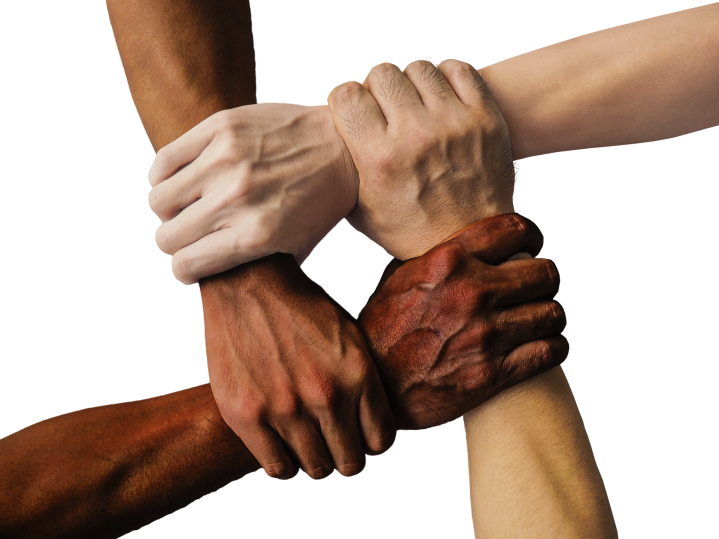
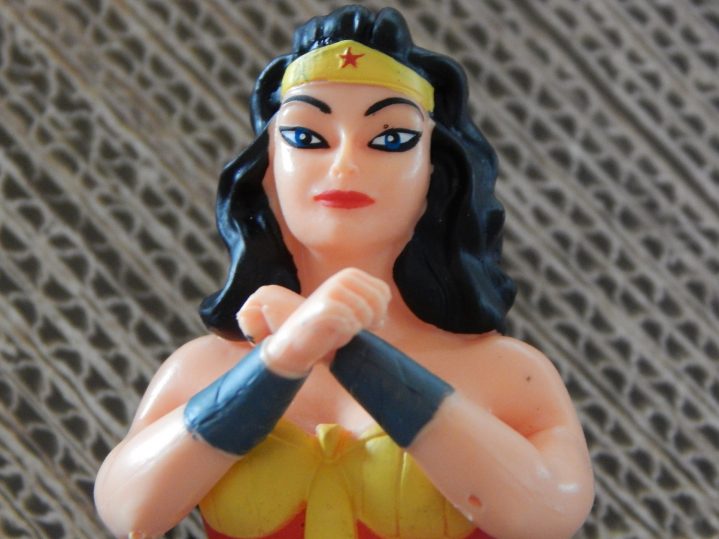

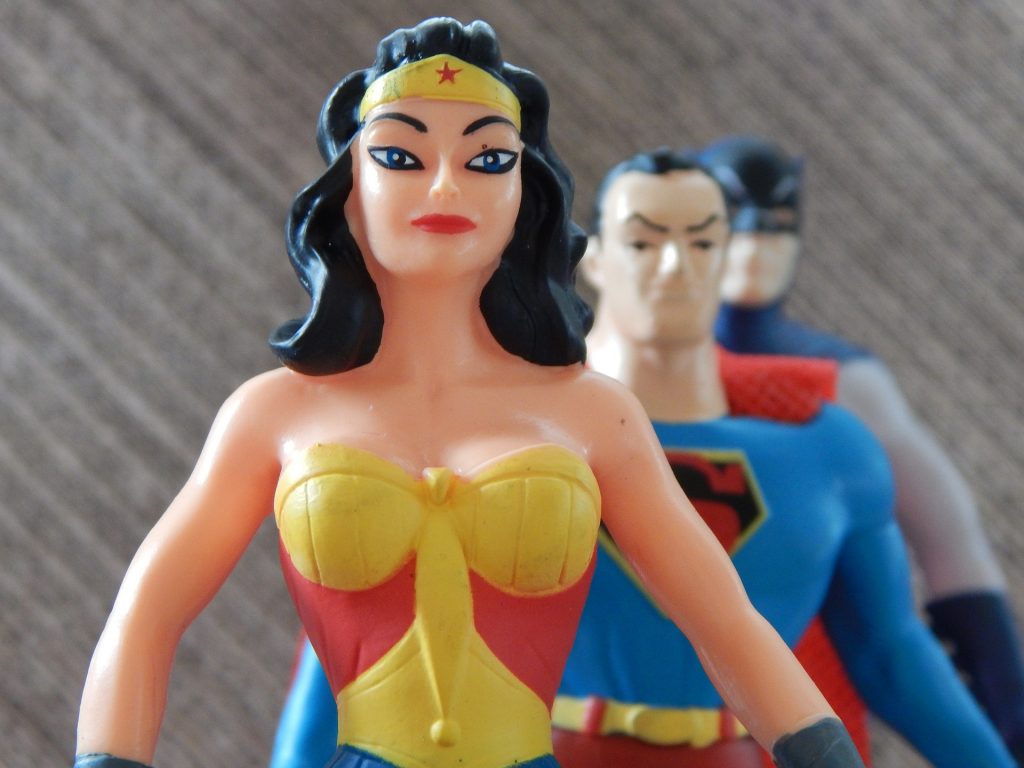
Recent Comments